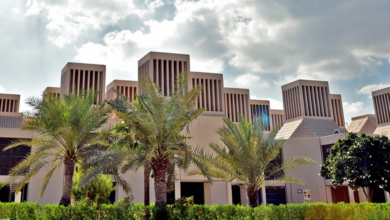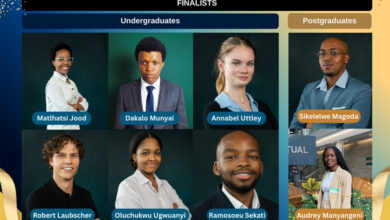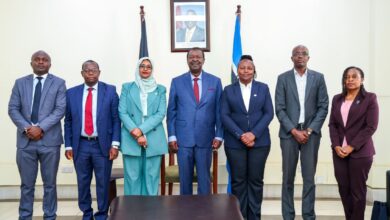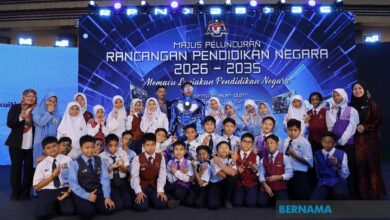UKM Seminar Discusses AI’s Impact on National Development
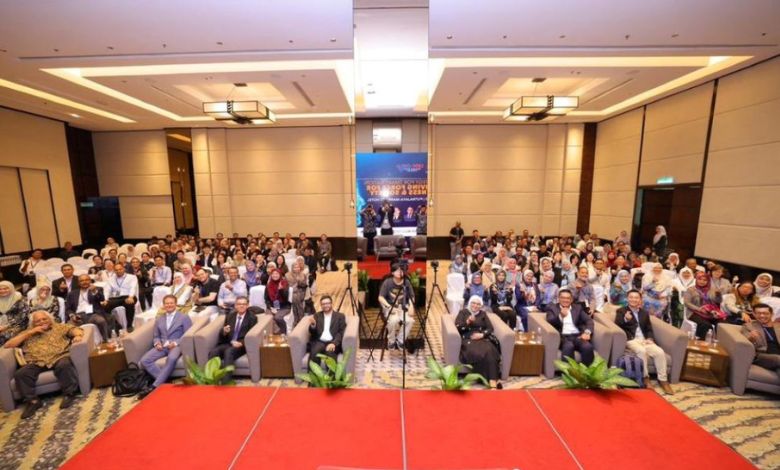
On September 22, 2025, Universiti Kebangsaan Malaysia (UKM), in collaboration with the RHB-UKM Endowment and the UKM-Graduate School of Business, organized a seminar focusing on the impact of artificial intelligence (AI) on national development.
Seminar Overview
The seminar, titled “Smart Strategy for Smart Nation – AI as a Driving Force for Business and Society,” attracted a diverse group of thought leaders, innovators, policymakers, and academics. The objective of the event was to discuss AI’s transformative potential for business and society, exploring various opportunities, challenges, and the ethical implications associated with AI technology.
Attendee Contributions
Among the attendees were researchers and students who presented studies and showcased technologies aimed at formulating effective strategies for AI adoption to aid in developing a smart nation.
Opening Remarks by Prof. Ts. Dr. Faizal Mohamed
The seminar was opened by Prof. Ts. Dr. Faizal Mohamed, the Acting Deputy Vice-Chancellor for Industry and Community Partnerships Affairs. He emphasized that AI has transitioned from a theoretical concept to a national priority essential for Malaysia’s aspirations within the MADANI framework.
Key Initiatives Highlighted
Prof. Faizal highlighted key initiatives such as the National Artificial Intelligence Roadmap and the MyDigital initiative, which are designed to guide Malaysia’s progression toward becoming a smart nation. He characterized AI not only as a tool for improved efficiency but also as a vital contributor to economic resilience, public sector innovation, and social progress.
Challenges Posed by AI Integration
Moreover, he noted that while AI is increasingly integrated into various life aspects—reshaping learning, work, and leadership—it also introduces challenges. Concerns related to data ethics, algorithmic bias, cybersecurity, privacy, and equitable access necessitate thoughtful and principled solutions.
Conclusion and Future Directions
In closing, Prof. Faizal remarked that building a smart nation requires more than technological advancements; it demands a unified vision, effective governance, and collective action. He advocated for strategies that are comprehensive, forward-thinking, inclusive, and grounded in ethical responsibility, acknowledging that the challenges at hand extend beyond technical concerns to encompass broader societal implications.
(Source: UKM)

